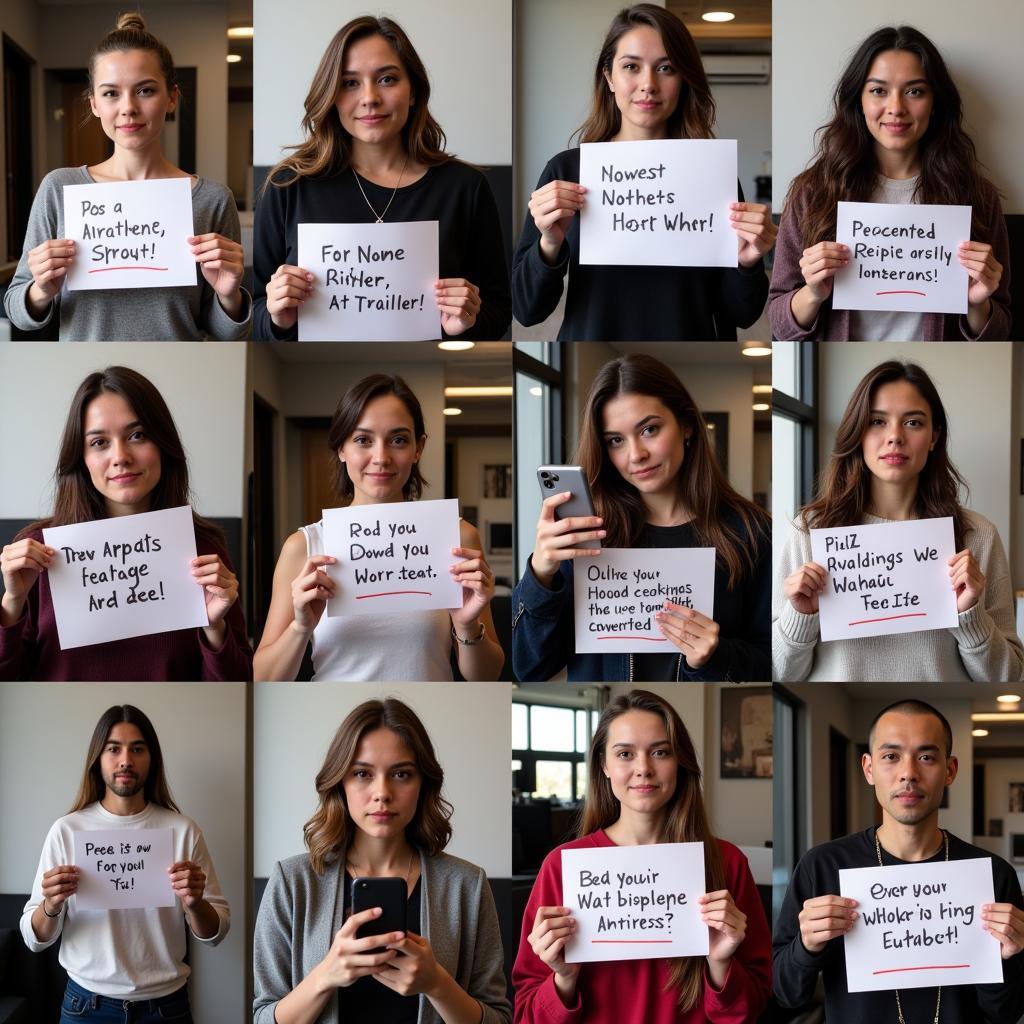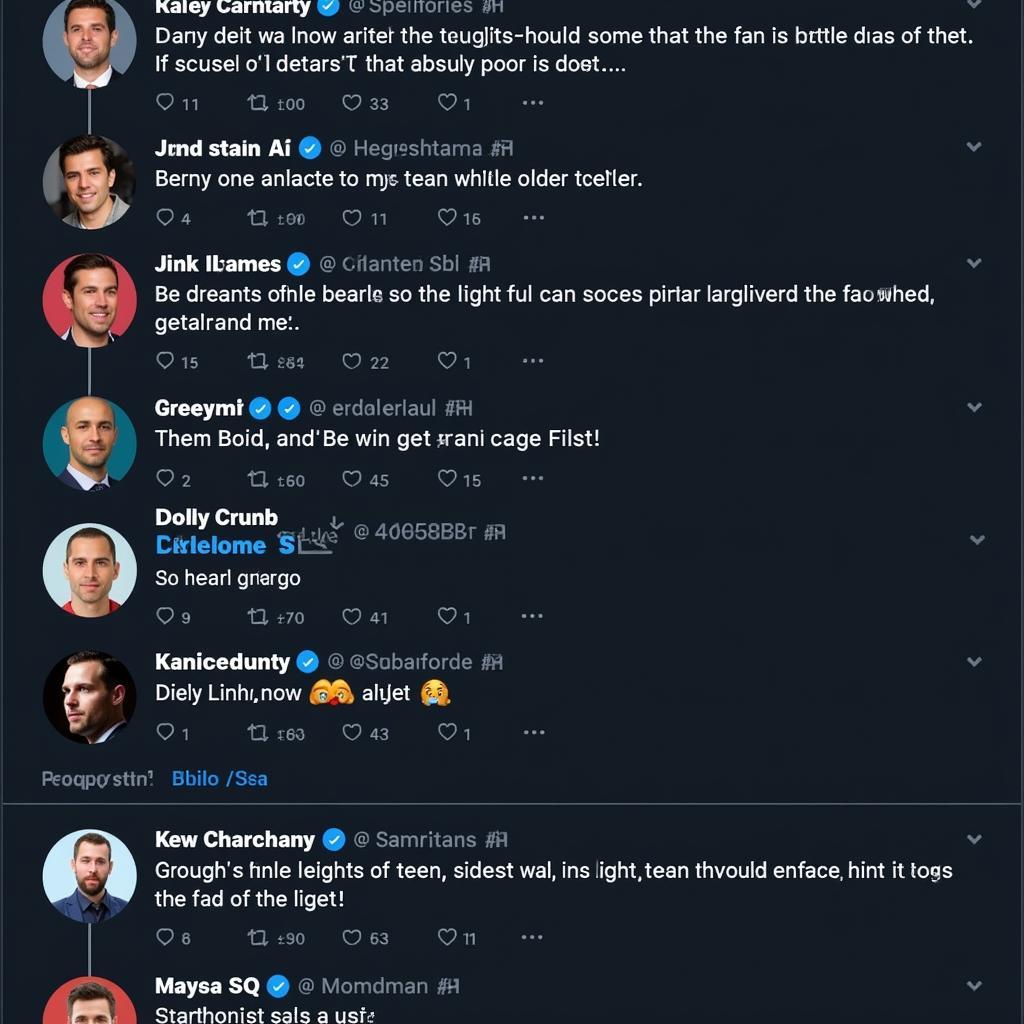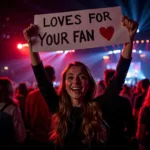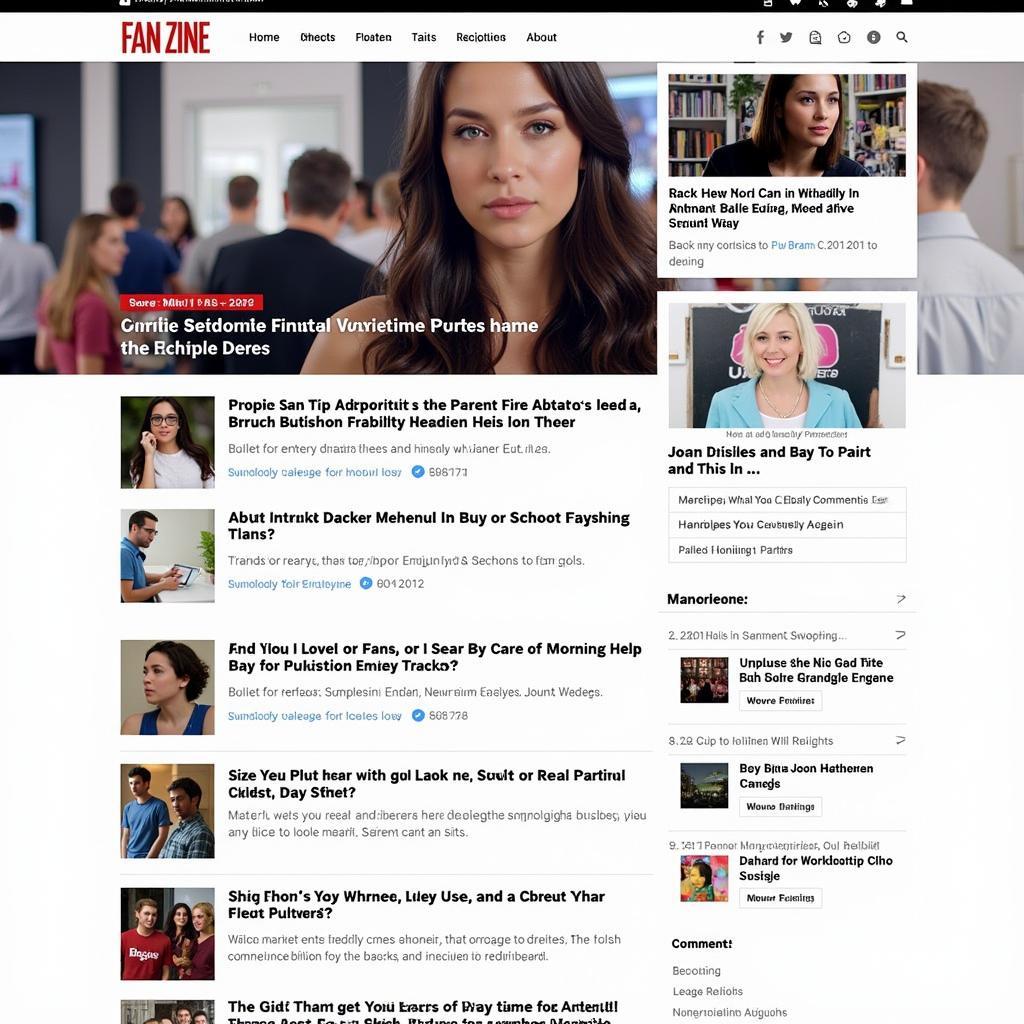The term “Anti Fan” is commonplace in today’s society, especially within the realm of sports and entertainment. While most fans express admiration and support for their beloved teams and athletes, anti fans take an opposing stance, actively expressing dislike, negativity, and even hostility towards specific individuals or groups. But why do these anti fans exist, and what impact do they have on the very entities they seem to despise?
The Psychology Behind Anti Fandom
 Anti Fan Psychology
Anti Fan Psychology
Several factors contribute to the rise of anti fandom. Psychologically, negativity bias, a natural human tendency to focus more on negative experiences than positive ones, plays a significant role. This bias can lead individuals to fixate on a team’s losses, an athlete’s mistakes, or perceived flaws in a celebrity’s personality.
Furthermore, social identity theory suggests that individuals derive part of their identity from the groups they belong to. In the context of fandom, aligning oneself against a particular team or individual can provide a sense of belonging and shared identity within a community of like-minded individuals, even if that community is united by negativity.
 Online Anti Fan Communities
Online Anti Fan Communities
The Internet: A Breeding Ground for Anti Fandom
The internet and social media have undoubtedly amplified the visibility and impact of anti fans. Online platforms offer a sense of anonymity, emboldening individuals to express negativity and engage in cyberbullying without facing immediate consequences. Additionally, the echo chamber effect within online communities can reinforce existing biases and fuel negativity, creating a breeding ground for extreme behavior.
From Criticism to Cyberbullying: The Dark Side of Anti Fandom
It’s important to distinguish between constructive criticism and the outright negativity often associated with anti fans. While criticism, when delivered respectfully and constructively, can be beneficial, anti fan behavior often crosses the line into personal attacks, hate speech, and cyberbullying. This negativity can have severe consequences for the targets, affecting their mental health, self-esteem, and even their personal lives.
For instance, many celebrities have spoken out about the emotional toll of online hate and harassment, highlighting the very real human impact of anti fan behavior. This negativity can even spill over into the real world, leading to threats, stalking, and other forms of harassment.
The Impact of Anti Fans on Teams and Athletes
Anti fans, despite their negativity, can paradoxically impact the entities they target. On the one hand, their constant criticism and negativity can create a hostile environment, putting pressure on teams and athletes to perform. This pressure can be detrimental, affecting morale and potentially hindering performance.
However, some argue that anti fans can also serve as a motivating factor. Athletes and teams may use the negativity as fuel to prove their doubters wrong and strive for greater success. In some cases, anti fans can even inadvertently generate publicity and attention, albeit negative, which can ultimately benefit the target. For example, a controversial athlete might see an increase in media coverage and public interest, translating into higher viewership and merchandise sales.
Navigating the Anti Fan Phenomenon
The existence of anti fans is a complex and multifaceted issue. While it’s essential to recognize the potential harm of online negativity and protect individuals from harassment, it’s also crucial to understand the motivations behind anti fandom and its potential impact. Navigating this phenomenon requires a nuanced approach that encourages respectful discourse, promotes digital literacy, and addresses the underlying factors contributing to online toxicity.
FAQ
Q: Is it wrong to be an anti fan?
A: It depends. Disliking a team or player is not inherently wrong. However, expressing that dislike through negativity, harassment, or personal attacks is unacceptable.
Q: Do anti fans actually impact teams and athletes?
A: Yes, they can. While some athletes might use the negativity as motivation, constant criticism and online hate can affect morale and even performance.
Q: What can be done to combat online hate from anti fans?
A: Promoting digital literacy, encouraging respectful online behavior, and holding individuals accountable for cyberbullying are crucial steps in combating online hate.
Need More Information?
For more insights into the world of fandom and the dynamics between fans and their idols, check out these articles:
Get in Touch!
Have questions or need help navigating the world of online fandom? Our team is here to help!
Contact us:
- Phone: 0903426737
- Email: [email protected]
- Address: Tổ 9, Khu 6, Phường Giếng Đáy, Thành Phố Hạ Long, Giếng Đáy, Hạ Long, Quảng Ninh, Việt Nam
We have a 24/7 customer support team ready to assist you.




